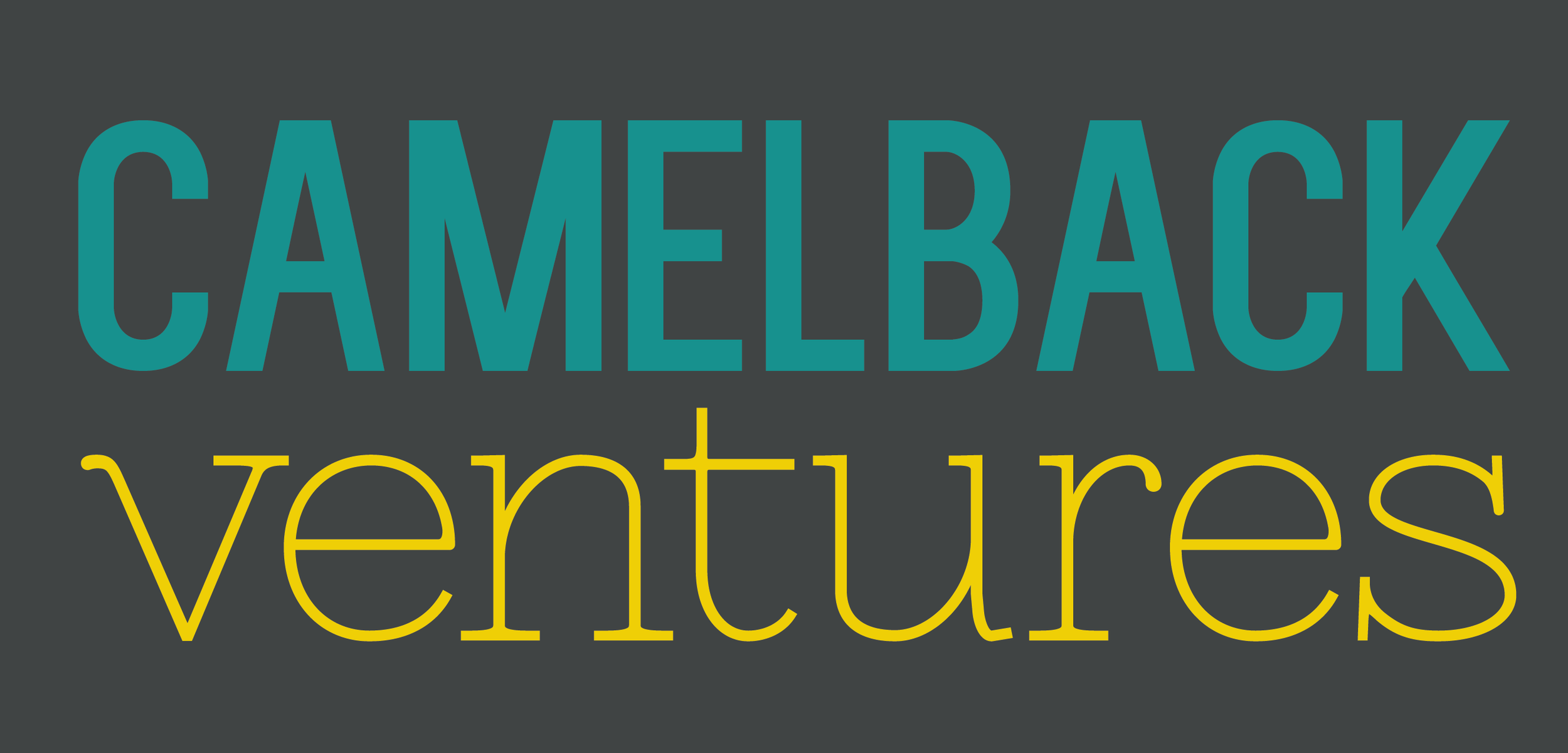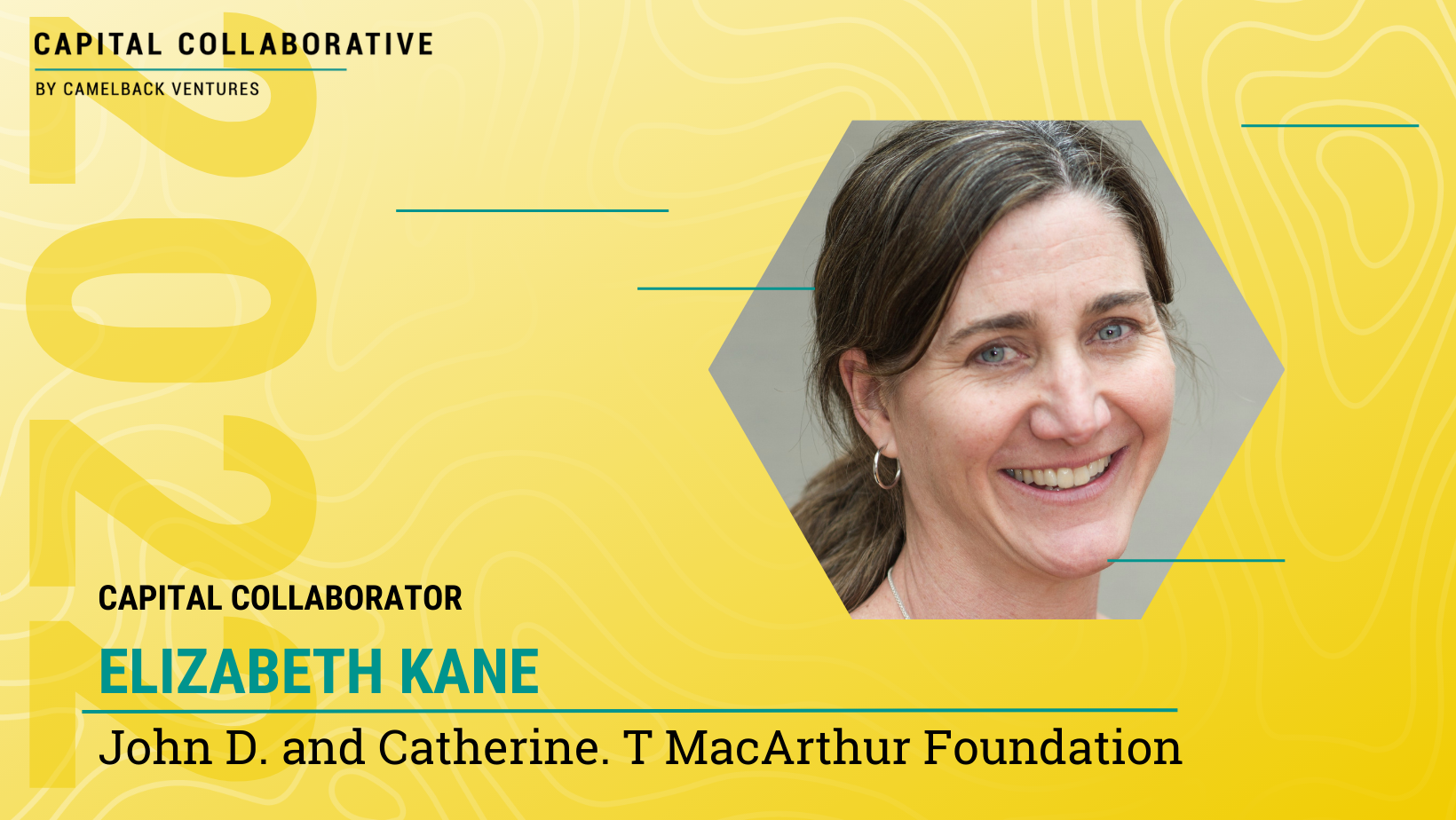“‘White foundation staff often have difficulty discerning between helping and controlling the work of Black leaders.’ This statement precisely encapsulated the issue at hand, bringing clarity to what we have been seeking from funders. We need your help in supporting the solutions that we, in collaboration with our communities, are uniquely positioned to create and implement.”
Read More“This is hard work. It is uncomfortable. The fact that we can ‘step away’ from this is a sign/type of privilege. The important thing is to commit, engage and sincerely work toward improving. White people have a responsibility to be a part of dismantling systemic racism, as we certainly created it.”
“Yes, the work of ending racial injustice is hard and complicated, but it is also okay to allow for creativity, laughter, futuristic visioning, and idealism.”
“Having a group of professionals who share our values and work in a similar space allowed opportunities for collective problem-solving, exposure to new ideas and practices, and brainstorming solutions by harnessing the collective wisdom of such a great group. Just as importantly, we emboldened each other to take risks. We pushed each other to take the bolder step, have the difficult conversations, and be honest about our insecurities and vulnerabilities. This compels us to do more.”
Read More“In philanthropy, so often we fund organizations that parachute into communities to help solve problems with their programming. Going one step further, folks in philanthropy who are often far removed from issues try to solve the problems themselves. We need to be moving more dollars to community organizations that are closest to the issues.”
“As a White person, I need to live in the racial discomfort. That is not to say I tolerate racial harm or trauma, but instead recognize I need to be in ‘disequilibrium.’ It is only then that I, as a White person, can see and experience with clarity what racial justice is.”
“I was drawn to the Capital Collaborative Cohort because of the space it provided to be with other White-identifying funders as we learned about and processed our roles and responsibilities in the movement for racial justice.”
“I have spent the better part of the last three years, since the murder of George Floyd, immersed in trainings filled with folks representing many different races. In many of these settings, I have felt it is best to listen and absorb other people's journeys and points of view. Having done this work, I felt that it was time to really be able to focus on sharpening my own narrative and point of view.”
“Funders who choose to dream big know that the examples for “good” philanthropy are the starting points of changing the landscape. We need those funders who are willing to go beyond those starting points to reimagine the system of funding–building power to cede power.”
Read MoreFind ways to learn the uncomfortable truths that BIPOC leaders can share about grantmaking practices and grantor-grantee interactions that might unintentionally stifle voices and limit innovation. The fact that these negatives are unintentional does not give us a pass on taking steps to do better.
“Founding a company is like parenting - there are many books on the subject; it looks easier from the outside than actually having to live into your responsibilities everyday; it is totally consuming. And even on the hardest days you love this other thing more than you love yourself.
What I’ve come to believe is that just as children don’t belong to parents, that companies do not belong to founders. We’re entrusted with a gift that life has given us. And that one day we must give it back.
It is time for me to give the gift of Camelback back so that someone else can lead.”
“…to effectuate change within your own organization and in the world of philanthropy, partnership between board and staff is critical. We recognize there might be skepticism in doing this work collaboratively. I can only speak for myself, and I know every relationship is different, but doing this work together was truly transformational for our foundation. If you have a safe, trusting, and transparent relationship with your board members, or even just one, I highly recommend considering going through a journey like this together.”
Read More“When we truly center equity and justice, we'll still be working toward outcomes, but we'll know the outcomes are driven by and for the people we are serving.”
“I joined the Capital Collaborative is because I'm new to the philanthropic space and was seeking a peer cohort experience that allowed me to explore the intersection of racial justice and philanthropy.”
“When I applied to the Capital Collaborative cohort I was hoping to join a career-centered space to build community and find accountability as a white woman working to advance racial equity and justice in all aspects of my life. After our second and final Summit in New Orleans, I am hoping to continue to change and learn…”
“I saw the Capital Collaborative as an opportunity to be in community with other philanthropy professionals that might be finding themselves in a similar place, learn best practices, and to be held accountable by folks inside and outside of my organization. If we want the philanthropic sector to have its greatest impact, it is important for White-identifying funders to proactively engage as this is not work that will happen on its own.”
“It’s great for White funders to learn and hold knowledge, especially about the historical and current systems that perpetuate racism and inequity, but knowledge is not the measure of our success, nor is deepening our understanding sufficient. My success is and should be measured by action - the way in which I support and resource the leaders best positioned to develop their practices and lead on change.”
Read More“We know that only 4% of the $76 billion foundations gave out in the U.S. in 2019 went to Black and Latiné entrepreneurs even though they represent 29% of the population. We also know that 76% of foundation staff identify as White and White Americans’ social networks are 91% White. All of this led us to the creation of the Capital Collaborative.”
Read MoreThree steps to demonstrating metamorphic legacy as a board member or trustee of a funding institution.
Read More“To move towards building more equitable systems, we must also be willing to take a deep look at our history. The value of knowing your history is like a bow and arrow, you must pull back to be able to spring forward. We must pull back and really acknowledge the ways different groups of people have historically been (and continue to be) marginalized, in order to spring forward and build a future that centers the liberation of us all.”
Read More













